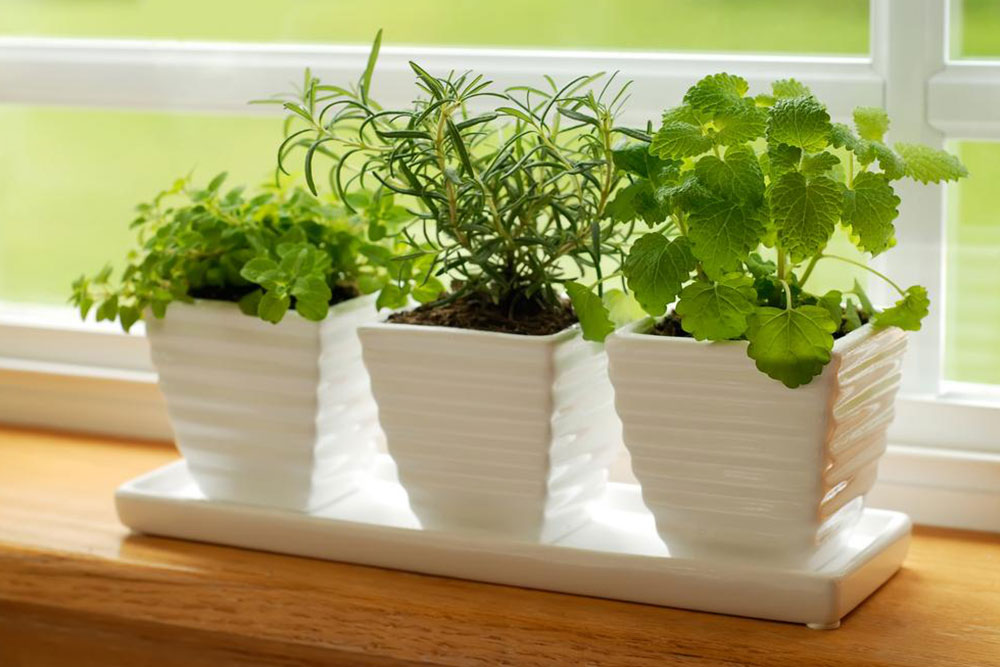Green kitchens – growing a garden where you cook
A beautiful garden creates an atmosphere of peace and tranquility in us. Through our evolutionary history, a green environment has meant plenty of water and food, and is therefore deeply comforting for the human mind. Keeping a garden, even a small one, can go a long way in promoting out mental wellbeing.
However, today’s increasingly urban environment means lesser and lesser space available for a personal garden. This space crunch is bringing out tons of innovative ideas to the surface, with people adapting to their shrinking spaces, while still managing to have nice green spots.

While indoor plants are nice, functional ones are even better. Have you ever considered growing an herb garden? No space? No problem. Your kitchen could turn into a lush green garden in just a matter of weeks. All you need is some wall space or a window sill that gets a bit of sunlight every day. While a few mason jars on the window sill come readily to the mind, it is the wall space that will truly bring your kitchen garden to life.
Wall gardens tend to be small leaning bins that are attached to a vertical spine, that you can install on to a sunny spot on your wall. Depending upon the space available to you, this could be a single spine with four vertically stacked bins, or a whole bank of them. There are three things to bear in mind though – adequate sunlight, a way to water your garden, proper drainage.
Let us start with light. Typically, south- or east-facing windows bring in a lot of light, but you must accommodate for seasonal changes. Additionally, you could consider installing a skylight in the kitchen, to ensure ample natural light.
Watering is straightforward – a small wall garden requires nothing more than the traditional watering can or spray can, but a larger set up might require a reliable automatic system. Consider drip irrigation – install pipes over the top layer of jars with holes that slowly drip water into the jars, and this water then trickles down through all the jars and eventually drains out.
Last comes drainage. Wall-mountable garden shelves have drain holes built into them, but if you are the DIY type, then you need to plan for drain holes if you don’t want the roots to rot. Alternatively, you can also deposit rocks and pebbles at the base of your jar to allow water to settle. You will need a conduit at the base though, to remove the drained water.
Now you are all set. You know the herbs you want. Choose heirloom seeds if possible, and give it a few weeks. You will be amazed.